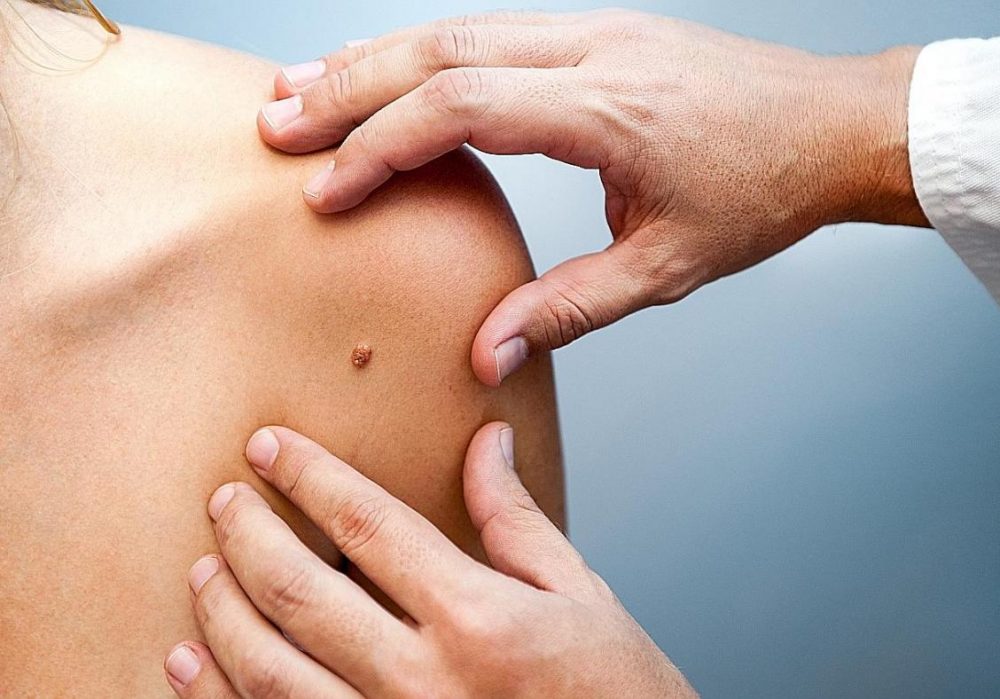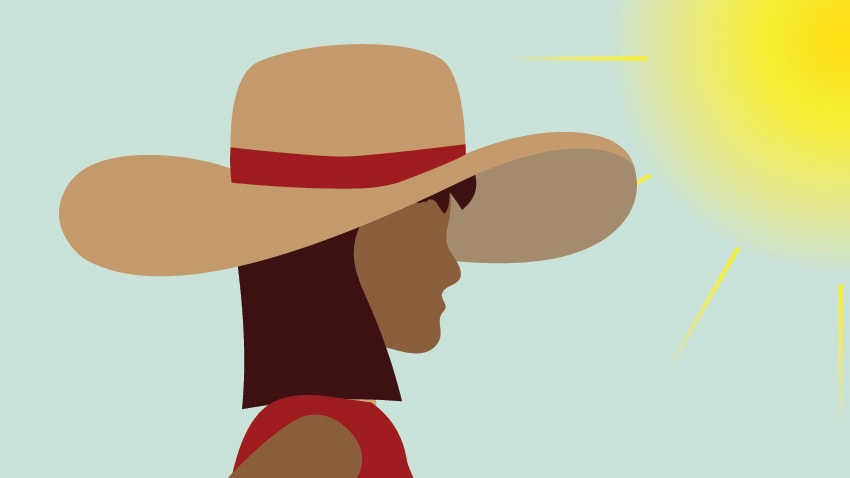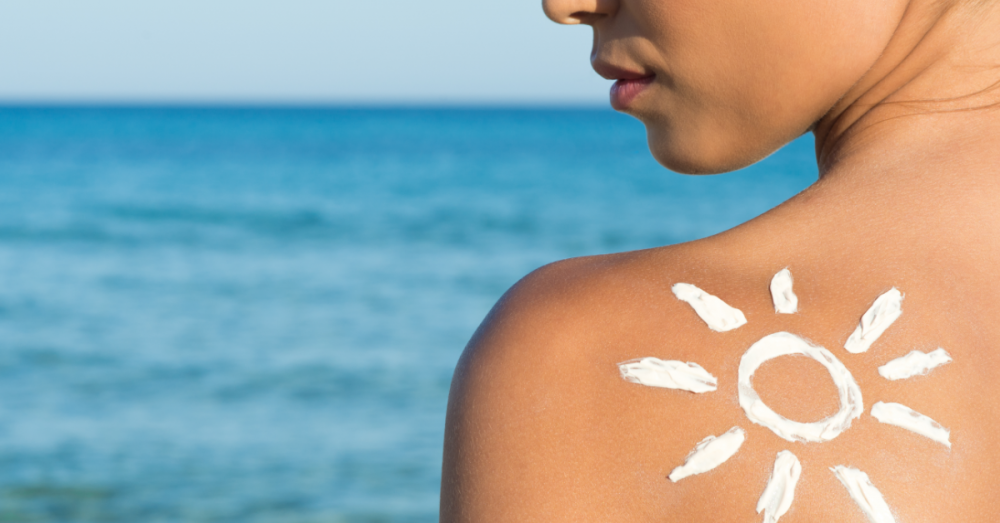Skin cancer is color blind

Those with fair skin have a greater risk of developing skin cancer than those who don’t. Additionally, those with blond or red hair, green or blue eyes, or easily burnt or freckled skin, are at a higher risk as well.
Cancer will always come back
For the most part, in early stages— stage I and stage II—the chances of the cancer coming back is less likely.
Even in later stages, there is hope that it won’t return.
Skin cancer is limited to skin
Your eyes can get sunburned, too, and they can develop ocular melanoma, a kind of cancer which forms in cells that produce pigment in or around your eyes. Just as exposure to UV rays damage the skin in the form of sunburn, they can also harm the eyes or affect vision.
If your eyes are exposed to excessive amounts of UV radiation over a short period of time, you are likely to experience an effect called photokeratitis, or “sunburn of the eye,” a painful condition which includes symptoms such as red eyes, a feeling like grit in your eyes, extreme sensitivity to light, and excessive tearing. As with your skin, repeated intense exposure can lead to cancer; the risk is higher for people with light-colored eyes. According to The Skin Cancer Foundation, skin cancer on the eyelid accounts for 5 to 10 percent of all skin cancers.
Tanning as a child protects you from skin cancer as an adult

This is one of the biggest skin cancer myths there is. Many people believe that large amounts of early sun exposure desensitize children to skin cancer and sun damage when they grow up on the other hand lots of sun exposure during childhood only adds to your lifelong sun damage and skin cancer risk.
Tanning beds are safer than the sun.
The opposite is true: Devices like tanning beds and sun lamps can emit higher amounts of ultraviolet radiation than the sun, including both UVA and UVB radiation. UV radiation of any type increases your cancer risk, and the more you get, the higher your risk.
I need to get out in the sun without sunscreen to get my vitamin D.
It’s true that UV exposure without the protection of sunscreen causes your skin to produce vitamin D. Vitamin D is important for promoting strong, healthy bones and has even been linked to lower risks of certain types of cancer. But there are safer and more efficient ways of getting enough vitamin D: namely, taking vitamin D supplements and eating vitamin-fortified foods like some milk and cereal products. The Centers for Disease Control and Prevention recommends applying a thick layer of a broad-spectrum sunscreen (that is, one that protects against both UVA and UVB light) of at least SPF 15 before going outside, even on cloudy or cool days. Sunscreen should be reapplied after two hours in the sun or after swimming, sweating or using a towel.
Clothing provides plenty of sun protection

Not all fabrics are created equal. In fact, clothing made from lightweight summer fabrics typically have an ultraviolet protection factor (UPF) of around 5, which is too low to offer meaningful protection. Most people think they’ll be protected if they wear a T-shirt, but those types of lightweight fabrics do not provide much sun protection. If you will be in a situation of intense unshaded sun exposure, it’s a good idea to check out sun protective clothing. Protection levels range from UPF 15, all the way to 50+.
People don’t die from skin cancer
Malignant melanoma is very deadly: According to data compiled by the American Cancer Society, over 91,000 people in the U.S. are expected to be diagnosed with new melanomas during 2018. Of that number, over 9,000 are expected to die from their disease. That’s really bad news. The good news is, most skin cancer can be avoided by dispelling the myths associated with it and following safe sun guidelines.
Skin care and protection is essential for all age groups.
Disclaimer
The Content is not intended to be a substitute for professional medical advice, diagnosis, or treatment. Always seek the advice of your physician or other qualified health provider with any questions you may have regarding a medical condition.